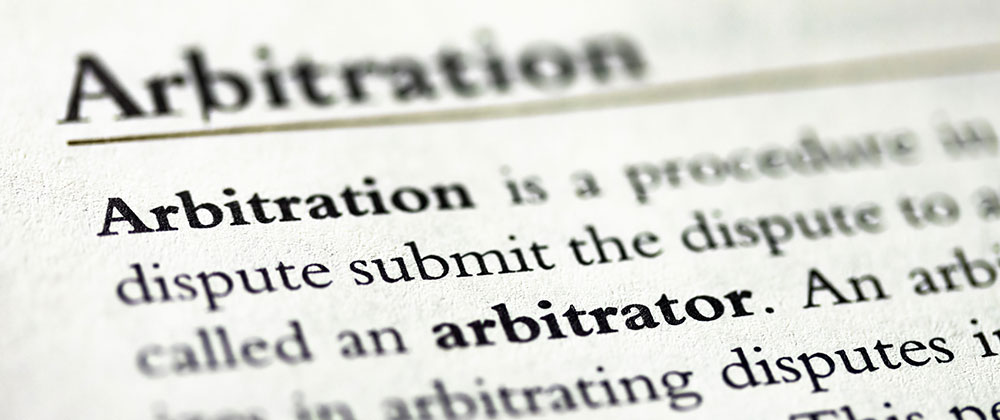Understanding Florida Construction Arbitration
Typical construction and design agreements contain mandatory arbitration clauses. There are pros and cons to arbitration, and parties should carefully consider them when negotiating these agreements. For instance, one of the benefits of arbitration is that the parties select the decision-maker(s) who will ultimately determine the outcome of their dispute. [1]Most arbitrations are governed by the rules and procedures of the American Arbitration Association (“AAA”) which are expressly incorporated into many arbitration agreements. Under the AAA rules, where the parties, by their written agreement, have not designated an arbitrator and cannot otherwise agree on an appointment, each party considers several proposed arbitrators provided by the case administrator and then confidentially strikes any undesirable arbitrators and ranks the remaining ones. The case administrator then selects the arbitrator(s) from the remaining ones, starting with the highest ranked arbitrator selected by each party as opposed to litigation where a randomly assigned judge (or jury) decides the outcome. Moreover, arbitrators assigned by a tribunal (or otherwise selected by the parties) will be knowledgeable in construction matters, whereas a judge or jury likely has no specialized knowledge or experience in resolving construction claims. Another benefit is the expeditious and streamlined manner in which cases can be resolved within several months to a year, depending on the complexity of the case and the amount of pre-trial discovery allowed. While there are several benefits to choosing arbitration over litigation, a major disadvantage is that there are limited grounds to challenge an arbitration award; without a statutory basis to do so, the arbitrator’s decision is final and binding. Therefore, parties should carefully weigh the benefits and disadvantages of arbitration before including mandatory arbitration provisions in their construction or design agreements.
In Florida, agreements to arbitrate are governed by the Revised Florida Arbitration Code (“Revised Code”) is set forth in Chapter 682, Florida Statutes. Where interstate commerce is involved, arbitration is governed by the Federal Arbitration Act (“FAA”) as set forth in title 9 of the United States Code. Under the FAA, commerce means commerce among the several States or in any Territory of the United States or in the District of Columbia, or between any such Territory and another, or between any such Territory and any State or between the District of Columbia and any State or Territory. To determine if a transaction affects interstate commerce, courts look to whether the transaction in fact involved interstate commerce, not whether the parties contemplated an interstate commerce connection. Where parties are Florida corporations involved in Florida construction projects, the Revised Code, and not the FAA, should govern.
Like its Florida counterpart, the FAA has provisions governing the appointment of arbitrators, the compelling of witness attendance at the arbitration hearing, confirmation, vacation, and modification or correction of an award, notice thereof, and appeals of orders and final decisions relating to arbitration.
For those who choose arbitration governed by the AAA, it is worth noting that the AAA has recently introduced a change to its construction arbitration rules which deals with the process for selecting an arbitrator. In the past, a party could strike as many proposed arbitrators from the list provided by the AAA if the party felt an arbitrator was not suitable (due to lack of sufficient experience, potential bias, location, retention and cancellation policies, etc.). Now, the AAA can limit the number of arbitrator strikes, which should remedy the problem of parties continually striking arbitrators which can delay the proceedings and the ultimate resolution of disputes.
The AAA’s rule change will enhance the arbitration process by promoting efficiency in the arbitrator selection process, and further, by providing more opportunities for less experienced arbitrators who, under the former system, would typically be stricken in favor or more experienced or well-known arbitrators.
To learn more about Florida construction arbitration, contact Florida construction mediator and lawyer Gary Brown at (954) 370-9970.

